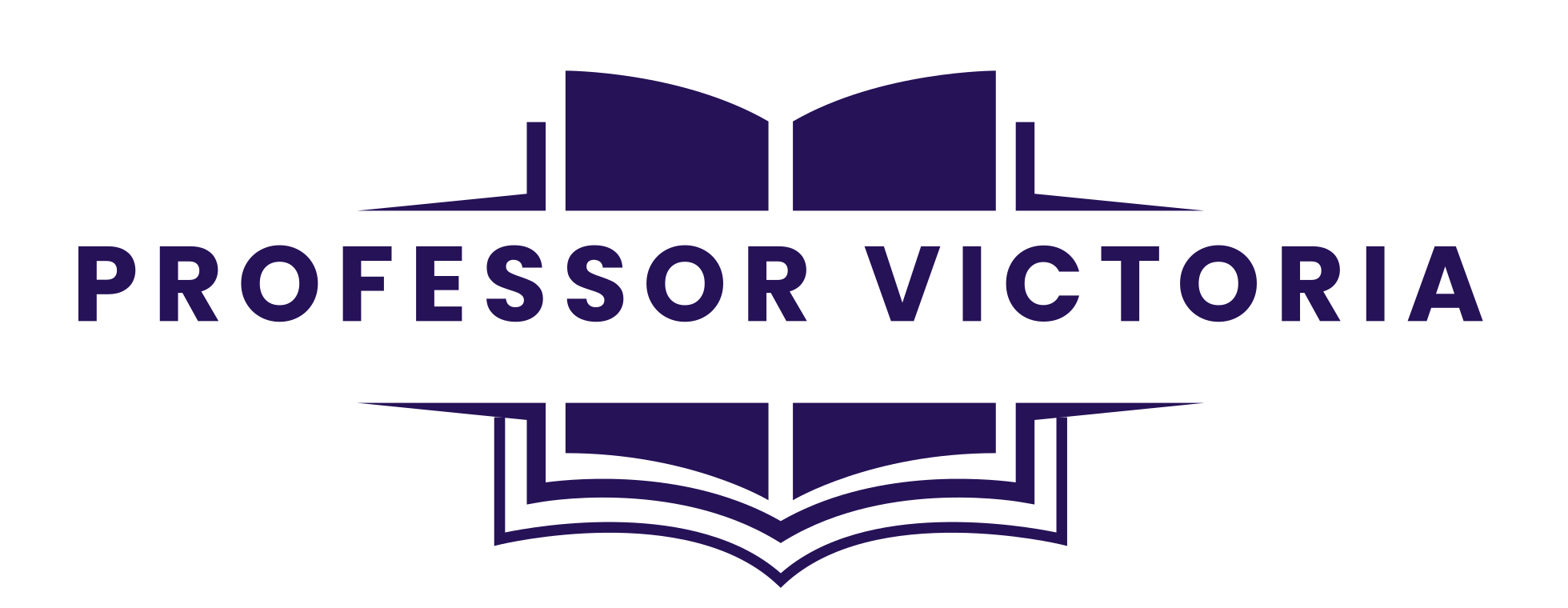Generative AI tools like ChatGPT are revolutionizing the way we work. They can automate repetitive tasks, enhance creativity, and enable quicker content creation. These tools can help you write everything from cover letters and resumes to college-level assignments, so the question is – do you still really need to learn how to write? In short, the answer is yes – and it is probably even more important than ever.
As a communications professor, students often ask why they should learn how to write when there are so many tools out there that can do it for them. The simple answer is that AI can be a very useful tool, but it’s not a replacement for strong writing skills. Here’s why.
What is generative AI anyway?
While AI-powered programs and applications have been around for a while, OpenAI changed the landscape with the release of ChatGPT in November 2022. It was the first large language model (LLM) that made this advanced technology accessible to the general public.
LLMs are machine learning models that recognize and generate text. They “interact” with users through a chatbot interface and respond to prompts in a conversational manner. ChatGPT has gone through several major updates since its launch and continues to dominate the field. Other major competitors include Microsoft’s CoPilot, Claude, Google’s Gemini, and, most recently, DeepSeek.
These are known as “AI Assistants” and are user-friendly and interactive. You simply explain what you want it to produce, and it will respond with content based on your prompts. Seems easy, right? (write?) Not so fast.
Interested in reading more? Check out ChatGPT: Everything you need to know about the AI-powered chatbot by TechCrunch
Why you shouldn’t rely on AI-generated content to produce perfect copy

First and foremost, the biggest reason is that ChatGPT and its ilk make mistakes. A lot of mistakes. You cannot rely on it to produce perfect copy. These types of programs are also known to “hallucinate.” They make up information to counter the fact that it does not know the answer. This happens when the model generates In addition, studies have shown that its accuracy can also fluctuate. In one reported case, ChatGPT was given the same prompt a few months apart. The first answer was 84% accurate, whereas the second time around, the answer had degraded to a 51% accuracy level. Not only might the content be incorrect, but it may also be riddled with poor grammar and spelling mistakes and may be written in the wrong tone. It may also produce strangely formatted content or may have misinterpreted your prompt. You will still need to proofread the writing to make sure it is error-free.
AI doesn’t truly understand context.
It can follow the context of your prompt, but does not understand meaning or intent the way humans do, nor does it have knowledge of the real world. Unless you are trained in how to use generative AI effectively, it’s unlikely you will get the best out of the application. The content will still need to be tailored for your specific purpose and vetted for expertise on the subject matter.
If you are writing for a specific company, AI will not understand anything about your organization or what they do. It may make some educated guesses, but again, it can be very wrong. Think about the consequences of distributing inaccurate information about your company and its products and services.
You’ll also need to integrate official messaging, maintain consistency in tone, and make sure your writing sounds natural. Understanding how to edit and revise the content requires a strong foundation in writing, editing and critical thinking.
AI still struggles with human voice
AI-generated content often sounds dry and impersonal, lacking warmth or individuality. Even a simple can fall flat as an e-mail written by a real person will have a friendlier, more conversational tone. This helps to make a personal connection with the reader. Anything written by AI will feel like an impersonal form letter.
Think about the last time you received an automated e-mail. How long did it take before you deleted it? A well-written e-mail will engage the reader and draw them in. You want them to read, understand, and ultimately respond to your call to action. It may also repeat phrases and ideas, which may be useful for search engine optimization purposes, but is off-putting to humans. Readers will not be genuinely engaged and interested in this type of message. Which begs the question – why even bother in the first place?
Now, that is not to say that AI is not useful when writing for the workplace. Here are some ways it can it can support your writing process.
So, how can you use AI effectively in the workplace?
Brainstorming
Plug in your topic and ask for different ways to approach the question. Don’t ask for a fully completed piece of writing, just use it to stimulate your own thinking. Provide your own ideas on the subject and see what comes up. If you like the concepts it has presented to you, go ahead and integrate them into your work using your own words.
Grammar and Style Checks
There are a number of AI-driven programs out there that you can use to check your spelling and grammar. Be aware, however, that they may not catch every mistake. I’ve used Microsoft Word’s Editor function, the free version of Grammarly, and the Hemingway app on the same piece of writing, but I found none of them caught all of the errors. From my experience, every grammar checker seems to pick up different types of mistakes, so you will likely need to check your work with multiple programs.
Tone and Clarity Adjustments
You can also ask it to revise your writing to sound more professional or formal. Have it check your tone – is it written in a positive manner or do you need to refine it? Don’t be afraid to change or edit what it produces, though – your writing should still match your authentic voice.
Simplifying Complex Ideas
If you are having a hard time explaining a concept, AI can help you explain it clearly and concisely. Don’t forget to verify the information is correct before publishing your final draft. Ask it to provide step-by-step instructions or definitions written using clear language. Remember to specify who your audience is so that it can provide the right level of detail.
Sharpening Key Messages
If you’re unsure whether your messages are clear enough for your audience, feed them into an AI tool and ask for feedback and suggestions on how to tighten your content. And again, feel free to rework what it gives you to suit your own style.
Disclaimer
It is important to note that AI tools retain any information that you feed into them. This is why you should never share personal, confidential or sensitive information with these platforms. They store and use prompts to help improve their processes, so treat anything you type as public. Avoid entering proprietary information, non-disclosure agreements or anything covered by privacy regulations.
Final thoughts
No matter how advanced AI tools may get, you will still need to read, revise and refine anything they produce. Remember, AI chatbots can produce incoherent copy. Review the content to ensure that your primary purpose, key points, and call to action all remain intact – and ensure that it has retained the intention of your original message. And of course, remember to rewrite it in your own voice so that it sounds personable.
Generative AI chatbots are powerful tools that can significantly assist during the brainstorming and drafting stages of the writing process. But to get the most out of them, you still need solid knowledge of writing and grammar principles and sharp critical thinking skills.
AI can assist. But good writing? That’s still on you.
